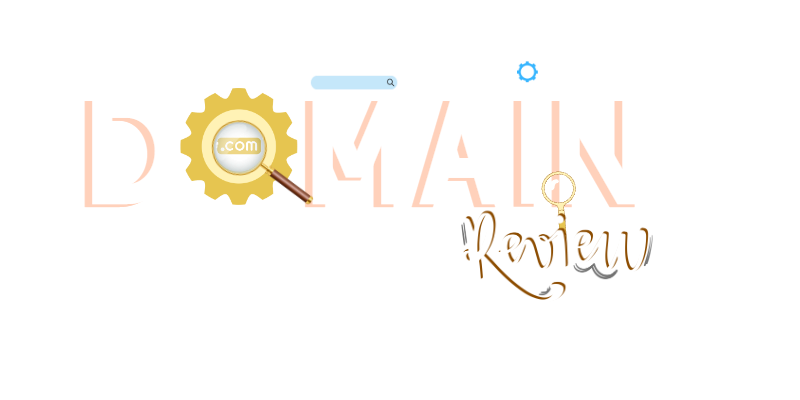FAQs
Q.How long does it take to see results from SEO?
Ans. SEO is a long-term strategy, and it may take several weeks to several months to see significant results. It requires consistent effort and patience to improve your website's ranking and drive more organic traffic.
Q.Is keyword stuffing effective for SEO?
Aas. No, keyword stuffing is not effective for SEO and can harm your SEO efforts. Search engines are smart and can recognize keyword stuffing as an attempt to manipulate rankings. It can result in penalties, and your website may be pushed down in search results. It's important to use keywords naturally and strategically throughout your content for the best SEO results.
Q.Should I focus only on Google for SEO?
Ans. While Google is the most popular search engine, it's also important to consider other search engines like Bing, Yahoo, and others. Different search engines may have different algorithms and ranking factors, so optimizing for multiple search engines can broaden your website's visibility and potential traffic.
Q.How often should I update my website's content?
Ans. Regularly updating your website's content is very important for SEO. It points search engines that your website is in active state & relevant. However, there is no fixed frequency for content updates. It depends on your industry, audience & type of content. Aim for regular updates that add value to users and keep your website fresh.
Q.Is social media important for SEO?
Ans. Yes, social media can play a significant role in improving your website's SEO. Social media can help increase your website's visibility, drive traffic & earn backlinks. It's important to have an active presence on relevant social media platforms and share your content to attract more users and potential backlinks.
Q.How long does it take to see results from keyword research for SEO?
Ans. The timeline for seeing results from keyword research for SEO can depends upon various factors such as the competitiveness in your industry, the quality of your content & the effectiveness of your optimization strategies. Generally, it may take several weeks to a few months to start seeing noticeable improvements in your organic rankings and traffic after implementing your keyword research findings.
Q.Can I conduct keyword research without using any tools?
Ans. While keyword research tools can be immensely helpful in streamlining the process and providing valuable insights, it is still possible to conduct keyword research without using any tools. You can start by brainstorming and making a list of potential keywords related to your business, and then manually analyze their search volume, competition, and user intent using search engines and other online resources. However, using keyword research tools can save time and provide more comprehensive data to inform your SEO strategy.
Q.How many keywords should I target for my SEO strategy?
Ans. There is no set number of keywords that you should target for your SEO strategy as it can vary depending on the size of your website, the resources available, and your overall SEO goals. It's important to strike a balance between targeting too few keywords and spreading yourself too thin by targeting too many keywords. Focus on selecting keywords that are most relevant to your business, have reasonable search volume, manageable competition, and align with your content creation and optimization efforts.
Q.Should I only focus on high search volume keywords?
Ans. While high search volume keywords may indicate higher demand, they also tend to have higher competition, making it more challenging to rank for them. It's important to strike a balance between search volume and competition when selecting keywords for your SEO strategy. Sometimes, long-tail keywords with lower search volume but less competition can be just as valuable, as they can drive targeted and highly relevant traffic to your website. Consider the overall relevance, competition, and alignment with your business goals when selecting keywords for your SEO strategy.
Q.Is keyword research a one-time process?
Ans. No, keyword research is not a one-time process. SEO is an ongoing effort & keyword research should be regularly reviewed & updated to reflect changes in search trends, industry dynamics, and user behavior. Search engines continually update their algorithms & competitors may also change their strategies, making it necessary to regularly assess and adjust your keyword targeting to stay effective and competitive in the SEO landscape.
Here are some frequently asked questions about backlinks and SEO:
Q: How do backlinks affect my website's SEO?
Ans: Backlinks are considered one of the most important ranking factors in SEO. High-quality backlinks from authoritative websites can help improve your website's search engine rankings, increase website authority, and drive referral traffic.
Q: Can I buy backlinks to improve my SEO?
Ans: Buying backlinks is considered a black hat SEO tactic and is against search engine guidelines. Search engines can penalize websites that engage in such practices, resulting in a drop in rankings or even getting deindexed from search results. It's important to avoid buying backlinks and focus on organic, high-quality link building strategies instead.
Q: How do I know if a backlink is of good quality?
Ans: A high-quality backlink is typically from a website that has high authority, relevance to your niche & a good reputation. You can evaluate the quality of a backlink by considering the authority of the website, the relevance of the content surrounding the link, and the overall reputation of the website. Backlinks from reputable websites having high domain authority, from well-known industry publications or government websites, are usually considered of high quality.
Q: Should I only focus on getting backlinks from high-authority websites?
Ans: While backlinks from high authority websites can be valuable, it's also important to have a diverse link profile that includes backlinks from websites of varying authority levels. It's natural for a website to have a mix of high, medium, and low authority backlinks. The key is to focus on relevance and quality rather than solely on authority. A backlink from a smaller website that is highly relevant to your niche can still provide value in terms of SEO.
Q: Can I have too many backlinks?
Ans: While having a healthy & diverse backlink profile is important, it's also possible to have too many backlinks, especially if they are low-quality or spammy. Having an excessive number of backlinks from unrelated or low-quality websites can raise red flags to search engines that may result in penalties. It's always important to focus on quality over quantity and ensure that your backlinks are relevant, high-quality, and acquired through ethical link building practices.



